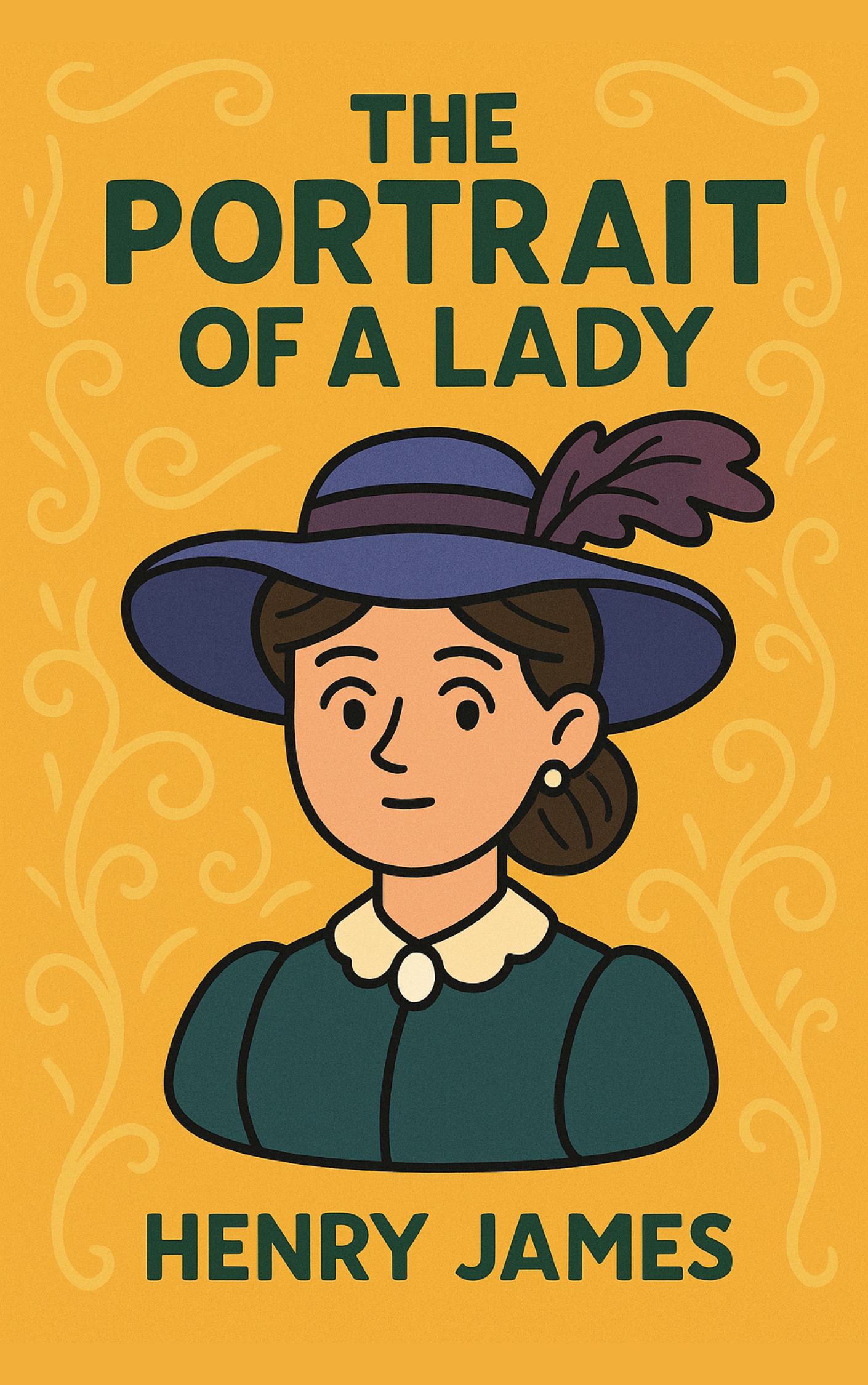Description
Isabel Archer is a spirited, intelligent young American who dreams of independence and adventure. She grows up in quiet, restrictive New England but is brought to England by her aunt, Mrs. Touchett, who hopes she will see the world and find a suitable husband. In England, Isabel meets her cousin Ralph, the wealthy Lord Warburton, and Caspar Goodwood, an eager American businessman. Both men wish to marry her, but Isabel refuses them, valuing her liberty more than comfort or security.
When her uncle, Mr. Touchett, dies, Isabel unexpectedly inherits a vast fortune—thanks to Ralph’s secret request that his father give her half his estate. Ralph wants Isabel to live freely and make her own choices without depending on anyone. At first, she feels grateful but also burdened by this sudden wealth, aware that such freedom also brings responsibility.
During her travels, Isabel meets the sophisticated Madame Merle, a charming American living in Europe. Unknown to Isabel, Madame Merle has her own motives. She introduces Isabel to Gilbert Osmond, an elegant but selfish American art collector living in Italy. Osmond hides his manipulative nature behind a polished exterior. Drawn to his refinement and apparent independence, Isabel marries him, believing she has found a partner who shares her values.
Her marriage quickly turns into a trap. Once secure in her money, Osmond becomes controlling and cold. He treats Isabel as an ornament and expects her to obey him completely. His daughter, Pansy, raised in a convent, is kept sheltered and submissive. Osmond tries to arrange Pansy’s marriage to Lord Warburton, hoping to gain prestige and keep Warburton close to Isabel, whom Warburton still loves.
Isabel reluctantly plays her part in this scheme, but at the last moment she defies Osmond by supporting Pansy’s true love, a poor art dealer named Mr. Rosier. This act of quiet rebellion angers both Osmond and Madame Merle. Soon, Isabel discovers the truth: Pansy is actually the child of an affair between Osmond and Madame Merle, a secret long hidden from everyone, including Pansy herself.
When Ralph falls gravely ill in England, Isabel travels to see him. On his deathbed, Ralph confesses that he arranged her inheritance so she could live as she pleased. He urges her to leave Osmond, but Isabel feels torn between her personal freedom and her sense of duty. She has promised Pansy she will return to her, and that promise weighs heavily on her heart.
Caspar Goodwood, still in love with Isabel, urges her one last time to escape her unhappy life. For a moment, it seems he might persuade her, but soon after, Isabel disappears from England. She returns quietly to Rome, leaving the reader to ponder whether she is driven by loyalty, resignation, or an unshakable belief in keeping her word.
The story is not just about romance—it’s about choice, freedom, and the invisible chains of culture and duty. Isabel begins as a woman determined to live on her own terms, yet she becomes caught in the very constraints she hoped to avoid. Her wealth, meant to liberate her, instead makes her a target for those who see her as a means to their own ends.
Henry James shows that personal freedom is complicated. Isabel’s choices are hers alone, but they are shaped by her upbringing, values, and the subtle pressures of society. In the end, she is neither entirely free nor entirely trapped—she remains a woman who faces life on her own terms, even if those terms demand sacrifice.
This novel endures because it captures the timeless struggle between independence and responsibility, self-determination and the pull of relationships. Isabel’s journey is both inspiring and heartbreaking, reminding us that freedom often comes with its own burdens—and that the cost of staying true to oneself can be high.





